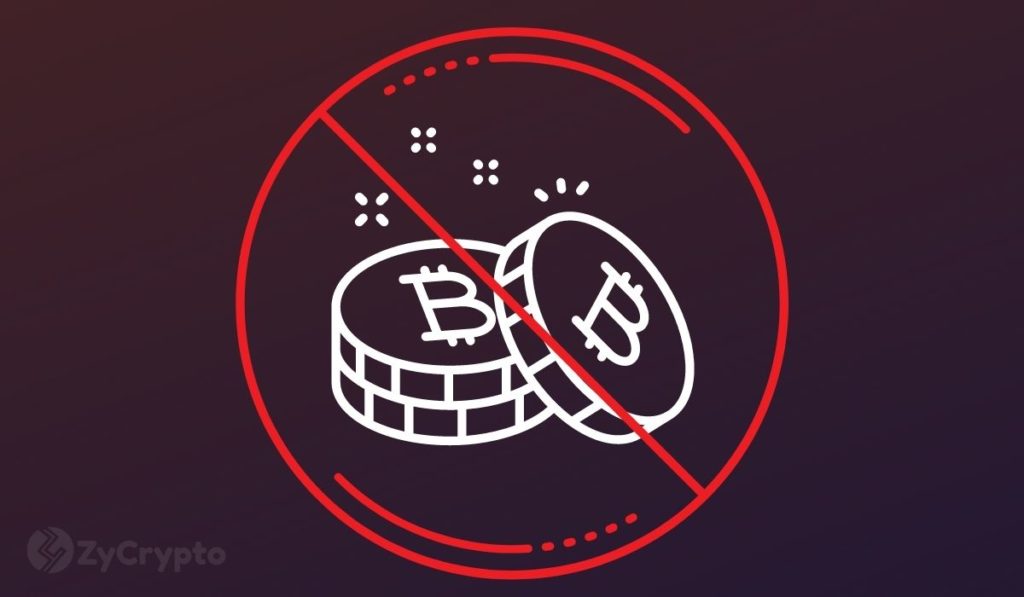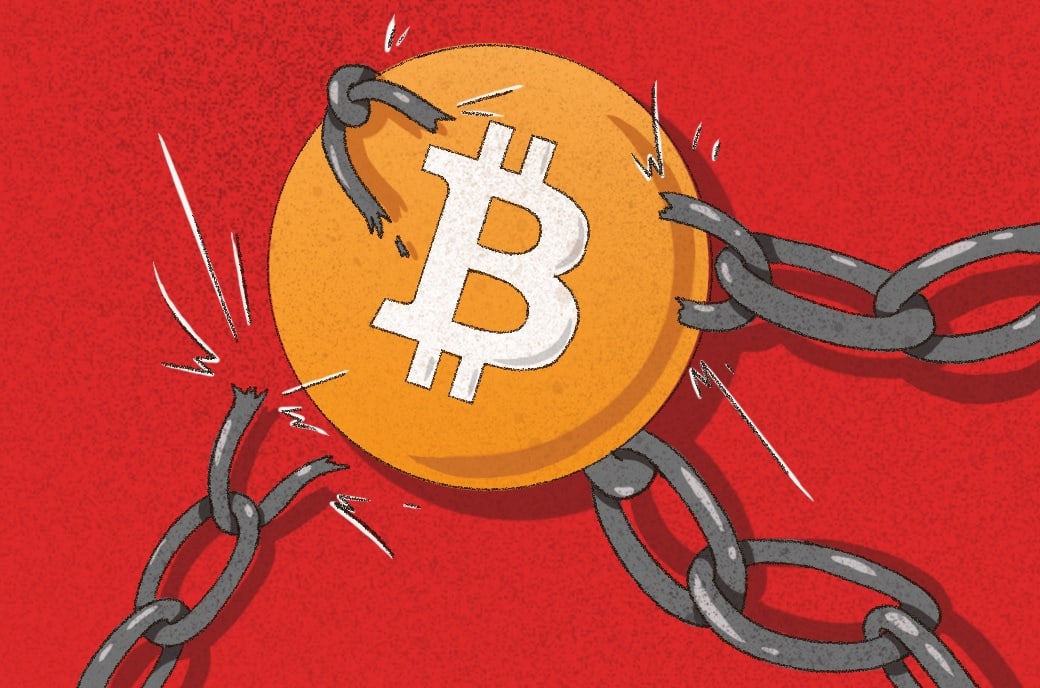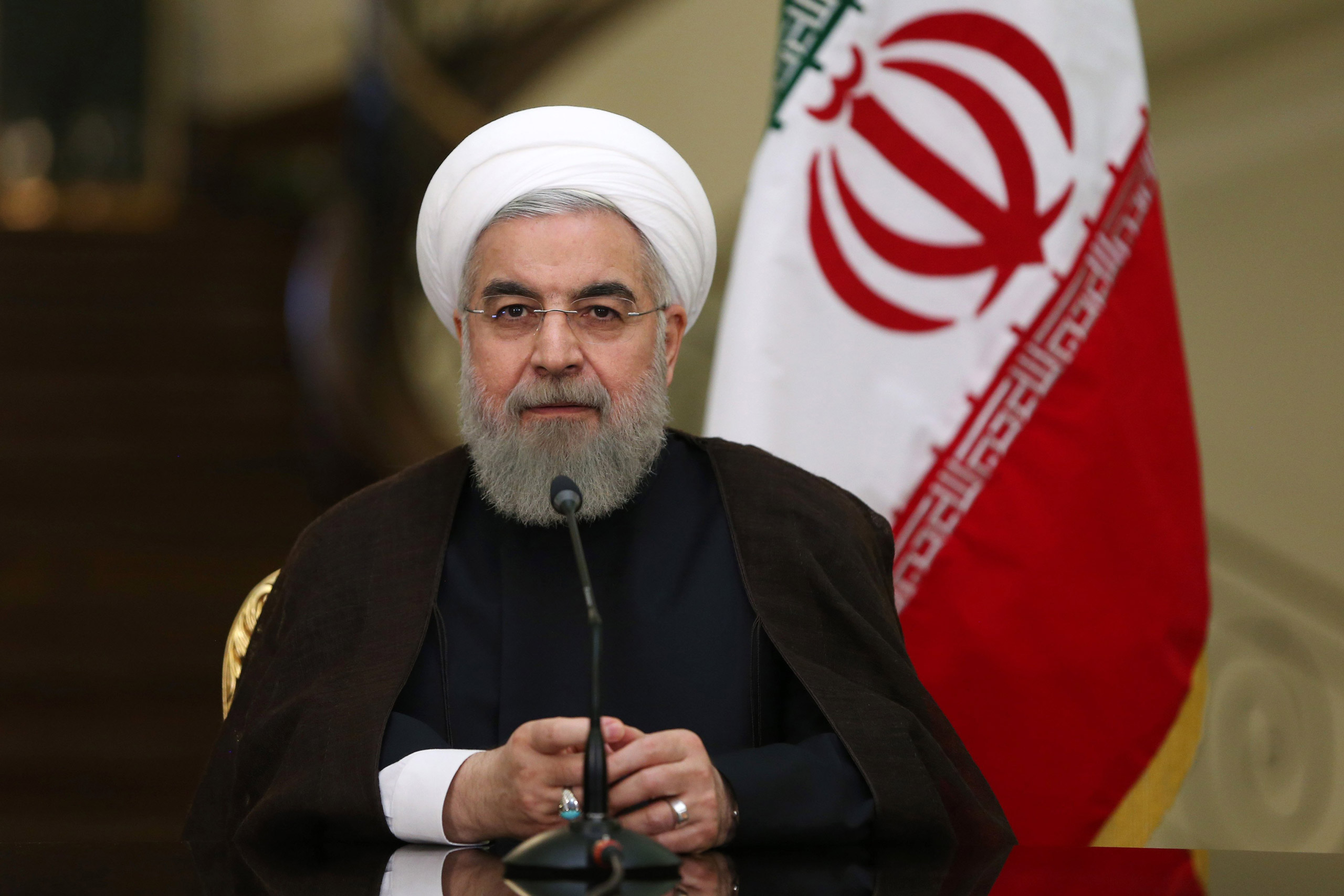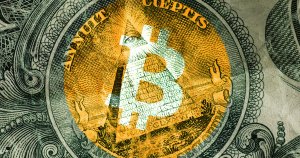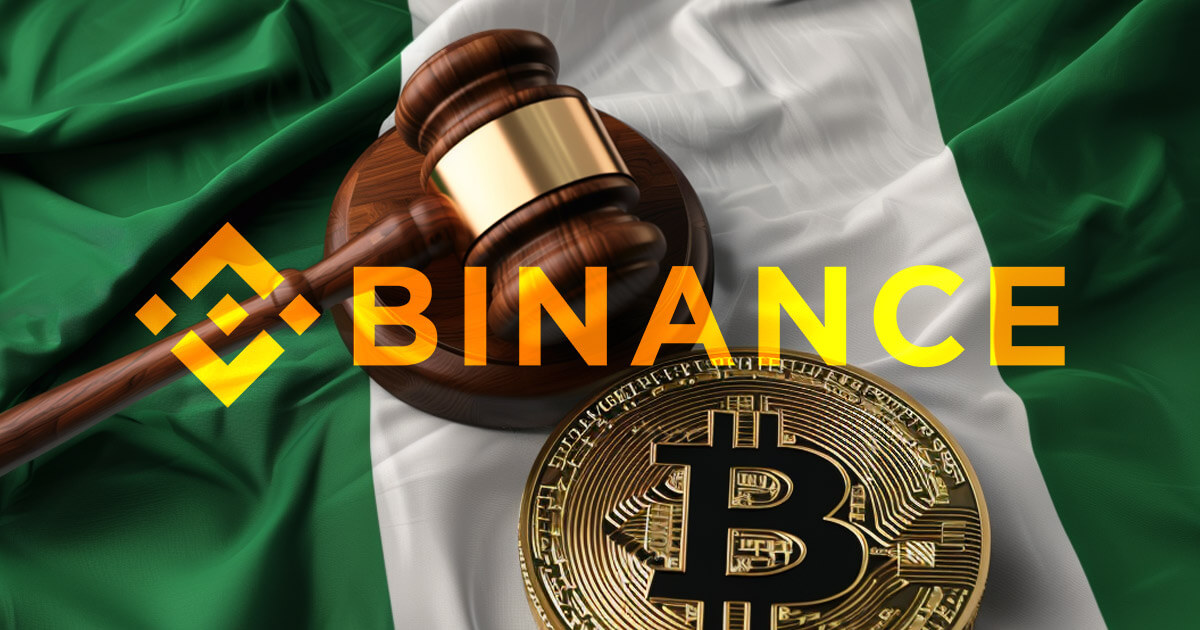2021-2-18 17:08 |
You have probably heard the news about the Central Bank of Nigeria (CBN) imposing a ban on financial services for cryptocurrency exchange operators, as well as the incongruent excuses for its action. You may have also heard of several connected controversies, like how it’s linked to the #endSARS protests, aid for which was partly funded in bitcoin.
What you probably don’t know, though, is how this is related to the economic shock from the COVID-19 pandemic, the huge arbitrage gap in the naira (NGN) prices across the Nigerian currency market, the decline in Nigeria’s inflow remittances and the emotional tension of individuals whose funds are sadly trapped in all of this.
Over the course of this piece, we will be looking at the economic state of Nigeria prior to the cryptocurrency exchange ban and how it has influenced rapid cryptocurrency adoption, the involvement of the Nigerian senate and what will most likely ensue next.
Nigeria Crypto Exchanges In Light Of The BanAccording to Statista, Nigeria was ranked as the third-highest trader of bitcoin by volume on online exchanges in 2020, which obviously speaks of huge daily-volume transfers from local banks to exchanges and vice versa. Unfortunately, the ban — which came as a sudden reminder of what the CBN has said was a prohibition instituted in 2017 — has affected countless individuals and businesses who rely on cryptocurrency, as well as exchanges with established Nigerian bank accounts.
Unlike the Indian cryptocurrency ban, which came with a week’s notice, the reminder of the Nigerian cryptocurrency restriction was circulated like a sudden knockout punch to exchange operators. Exchanges were hurt and their customers were, too. My close friends and acquaintances were all affected.
Personally, I find that it reinforced the fact that the only true financial control you can really have is the type that you get from an uncompromised private key. You may have some control with a custodial wallet; but definitely not from a bank account.
Why Nigeria Has Embraced CryptocurrencyBeyond the speculative benefits and freedoms of the cryptocurrency market, a major reason why cryptocurrencies have been adopted so readily in Nigeria is because they offer the most efficient remittance window for Nigerians looking to transfer funds in and out of the country. Even remitting funds within Africa comes at a very high cost from Nigeria, assuming you are using an official remittance service.
As a technical writer who works for international clients and customers, I tend to use cryptocurrencies for every payment that I make or receive; except in cases where it’s not convenient for the client or customer. I will be explaining why shortly.
Another practical example of individuals benefiting from the use of cryptocurrency in Nigeria can be found in Chinese importers who have to send/receive funds to/from China into the African country. However, with outflow restrictions of $10,000 at a 20 percent remittance cost, these importers tend to resort to using cryptocurrency exchanges, which help them make payments to a seller’s Chinese bank account.
For context, according to data from the CBN, in 2015, diaspora remittances generated $21.2 billion for the country, outpacing crude oil by $1.6 billion. Also, according to a World Bank report on inflow remittance by nation, the Nigerian inflow remittance had been on a steady rise for 12 years.
It only started declining in 2018. In fact, according to Nairalytics, a Nigerian market analytics website, diaspora remittances declined by 97.3 percent between January 2020 and September 2020. Coincidentally, cryptocurrency volumes in the country were at their highest during this period.
A major reason for this decline in remittances can be found in the huge arbitrage between Nigeria’s official and unofficial internal exchange rates for currency exchanges. At the time of this writing, there is a huge price gap of about 20 percent to 30 percent between these rates. This gap is between the official and unofficial ends of the Nigerian currency market.
In other words, if you had to do a currency exchange of NGN to USD through a bank, you are likely to get your USD exchanged to NGN at a 30 percent mark down. But if you used a black market exchange, you would get it at near the true forex rate. Unfortunately, gaining access to this end of the market is risky, difficult and also illegal.
But fortunately, with cryptocurrency exchanges, access to better exchange rates is fast, sleek and requires almost no middleman, besides maybe the exchange providing escrow and you receiving the funds in your bank account. The exchange rates, from personal experience, fit the reality, especially with peer-to-peer exchanges.
Also, another motivation for this rise in cryptocurrency volume has been the rapid devaluation of the naira in the forex market. The NGN/USD pair has lost over 189 percent in just five years.
Source: TradingViewAlso, as in every other part of the world, investors and savers in Nigeria are slowly beginning to see the promise that the cryptocurrency market offers for long-term investing.
Why This Ban Is UnfoundedIn defending its 2017 ban on the financial facilitation of cryptocurrency operations, CBN argued that cryptocurrencies are “largely speculative, anonymous and untraceable” and “increasingly being used for money laundering, terrorism financing and other criminal activities.”
But before cryptocurrencies came along, fraud was perpetrated using bank accounts. All of the catfishing scams I have heard of in Nigeria were conducted using traditional remittance services like Western Union and so on. All of the criminal activities involving foreign bank accounts that I have heard of in Nigeria were also conducted using traditional remittances.
Interestingly, every cryptocurrency exchange is mandated by the 2017 CBN directive to be KYC and AML compliant so they can operate bank accounts. This shrinks the possibilities of fraud through this medium to the barest of minimums. Despite this, the CBN is still proceeded with a ban.
Turning To P2P ExchangesIn the five days following the ban reminder, Binance, which is a major cryptocurrency exchange operating in Nigeria, added NGN as a fiat asset in its P2P market section. Also, several P2P exchanges which are still in operation in the country are now becoming prominent.
As this demonstrates, the CBN restriction has only turned those interested in exchanging cryptocurrencies toward P2P trades which, by the way, were the status quo before now as well. With this, it is very likely that cryptocurrency volume in the country will pick up; however the activity may be largely untraceable.
Nigerian Senate Summons CBN, SEC For A BriefSome days after the restriction was recirculated, the Nigerian senate called on the governor of the central bank and the director general of the Nigerian Securities and Exchange Commission (SEC) to offer a brief on the ban and the ongoing status of cryptocurrencies in the country.
However, at the time of this writing, the date of that hearing is still undecided. What is clear, however, is that some senators are in favor of cryptocurrency regulation. Here are some thoughts of senators in favor of a regulation:
2. CBN’s decision to stop Financial Institutions from transacting in Crypto currencies and matters arising therefrom by Senator ID Gyang and Senator Tokunbo Abiru {@TokunboAbiru}
— The Nigerian Senate (@NGRSenate) February 11, 2021“I am strongly against the outright ban of this medium of exchange by the Central Bank of Nigeria (CBN). What the CBN should be telling Nigerians are the regulations put in place to regulate the activities of the operators." – Senator Solomon Adeola {@YAYIAdeola}
— The Nigerian Senate (@NGRSenate) February 11, 2021"If we have an economy that is very weak and we cannot regulate cryptocurrency in Nigeria, then I don’t know how our economy would be in the next seven years.” – Senator Sani Musa
— The Nigerian Senate (@NGRSenate) February 11, 2021Also, the former deputy governor of the Nigerian central bank, Kingsley Moghalu, shared his thoughts in a recent interview on why a regulation for cryptocurrencies in the country is necessary.
Other groups, like the Blockchain Nigerian User Group (the biggest blockchain community in the country), exchange operators and several other individual entities are working toward securing an ease in the ban. We will likely see a hearing of blockchain stakeholders in the senate, but information on that is still unclear.
It is certain that, eventually, affected operators will be getting a grace period to withdraw their funds. Also, the Nigerian central bank will eventually come to terms with how uncontrollable cryptocurrency trades really are, once P2P trading normalizes.
However, what may be most affected is the growth of the blockchain innovation that we were beginning to see in the country before this ban was recirculated.
This is a guest post by Ahyke Otutubuike. Opinions expressed are entirely their own and do not necessarily reflect those of BTC Inc or Bitcoin Magazine.
The post Bitcoin Will Persist In Nigeria, But The Ban Changes Things appeared first on Bitcoin Magazine.
Similar to Notcoin - Blum - Airdrops In 2024
Babes and Nerds (BAN) на Currencies.ru
|
|
